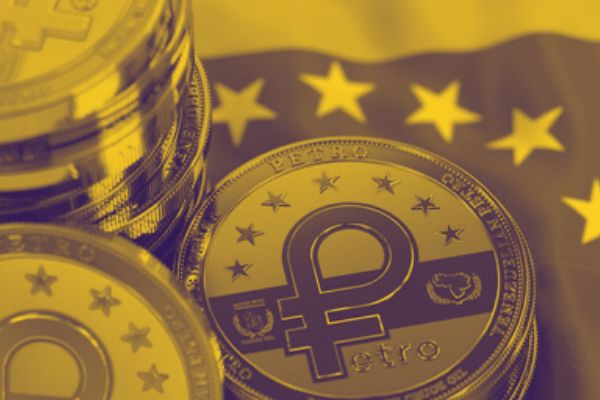Paxful, the P2P Bitcoin exchange recently informed its customers that it would no longer support transactions made via the Bank of Venezuela, a state-owned bank. According to the bank, the exchange had decided to ban customers of the bank due to US sanctions on the country.
Details of the Ban
According to a post appearing on Paxful’s website, all customers that use the Bank of Venezuela would have their accounts deactivated. According to the post, the move was necessitated by the need to comply with directives issued by the US Office of Foreign Asset Control.
The post states that Venezuela is part of a list of sanctioned and high-risk states. Consequently, trading is not disallowed for Venezuelans. However, those using Paxful will have to undergo a rigorous KYC process to prove they are individuals that are not a threat to international stabilization efforts. Thus far, customers using other banks in Venezuela can still use the platform.
Paxful Offers an Explanation
Many crypto enthusiasts were surprised by the decision. The reason for this is that Venezuelans have been successfully using their Bank of Venezuela accounts to interact with Paxful. While replying to a question on the issue, Paxful Latin America’s twitter account said that this was to comply with OFAC directives.
On other P2P Bitcoin trading platforms such as Binance and LocalBitcoins, Venezuelans can still use their Bank of Venezuela accounts. Most of the trading volumes of LocalBitcoins come for Venezuela. However, the Paxful platform has been seeing growth globally, especially in Africa and India.
An Abundance of Caution
The decision by Paxful might have been borne out of an abundance of caution. Thus far, no other platform has experienced problems serving Venezuelans using the bank. Many Venezuelans were unhappy with the decision.
Some experts believe that this could affect the growth of the crypto industry in the country. However, this will only happen if other BTC trading platforms take similar measures. It could effectively force Venezuelans to abandon BTC. Alternatively, it could drive them deeper into the dark web.
Sanctions on Venezuela’s Crypto Sector
The US has imposed some tough sanctions on Venezuelans for years. It was partly the reason why the nation’s national currency collapsed. To evade US sanctions, the country launched a national cryptocurrency called the Petro. Thus far, the digital currency is only used in the country and it is not accepted on any international trading platform.
To curb the possible evasion of sanctions, the US imposed restrictions on US citizens, banning them from trading with Petro. While it is unlikely any US citizens were trading in the Petro, the ban effectively made it impossible for the crypto coin to gain traction outside Venezuela.
Since President Trump took office, he has continued to crack down on Venezuela sanctions. In August 2017, POTUS enacted “E.O. 13808” which essentially rejects access to U.S financial markets by the Venezuelan government. March of 2018 is when the crackdown on digital current originally surfaced. Trump issued another E.O. that prohibited transactions revolving around the issuance of their digital current. Later in 2018, POTUS then cracked down on transactions revolving around purchasing Venezuelan debt pledged as collateral and other forms of debt.
Recently, the US put out an international arrest warrant for the head of Venezuela’s crypto efforts. The implication is that anyone trying to deal with the nation’s Petro crypto coin would be an accomplice of his.
The crippling sanctions on Venezuela have already made life difficult for Venezuelans. However, killing the crypto sector in the country might be difficult due to the decentralized nature of crypto.
Image Source: Shutterstock
Notice: Information contained herein is not and should not be construed as an offer, solicitation, or recommendation to buy or sell securities. The information has been obtained from sources we believe to be reliable; however no guarantee is made or implied with respect to its accuracy, timeliness, or completeness. Authors may own the crypto currency they discuss. The information and content are subject to change without notice. Visionary Financial and its affiliates do not provide investment, tax, legal or accounting advice. This material has been prepared for informational purposes only and is the opinion of the author, and is not intended to provide, and should not be relied on for, investment, tax, legal, accounting advice. You should consult your own investment, tax, legal and accounting advisors before engaging in any transaction. All content published by Visionary Financial is not an endorsement whatsoever. Visionary Financial was not compensated to submit this article Please also visit our Privacy policy; disclaimer; and terms and conditions page for further information.

